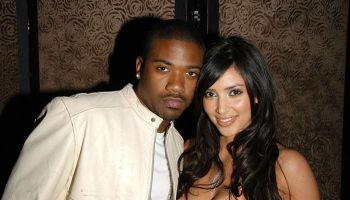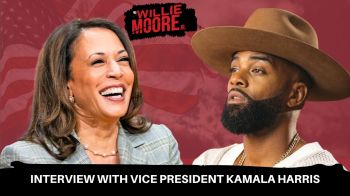Only Muhammad Ali could so eloquently capture the essence of Muhammad Ali.
“I am the greatest. I said that even before I knew I was.”
The thing is, Ali actually had no idea exactly how great of an impact he would have … on boxing and on the world.
In the ring, he was heads above his competition because of a confluence of skills unmatched in the fight game. At his best, which spanned more than a decade, Ali was a master tactician with never-before-or-since seen footwork for a heavyweight. He was a puncher with blazing speed that dazzled smaller men and stopped bigger foes. He talked brash and showed up opponents — angering many — but in the end, he was style and substance.
He fought too long, yes. Parkinson’s Syndrome has robbed him of his eloquence … but not his grace. Boxing did not make Muhammad Ali; he made boxing.
So, he is not the most recognizable man in the world because he was a champion in the ring. That’s so because he was a champion for human rights.
Seemingly all his life Ali had a boundless purpose. Among his humanitarian feats, he traveled in 1985 to Lebanon to secure the release of four hostages; delivered more than $1 million in aid to Cuba; executed goodwill missions to North Korea and Afghanistan; traveled to Iraq to secure the release of 15 American hostages during the first Gulf War; flew to South African to greet Nelson Mandela upon his release from prison.
CLICK HERE to read story
article courtesy of atlantablackstar.com












